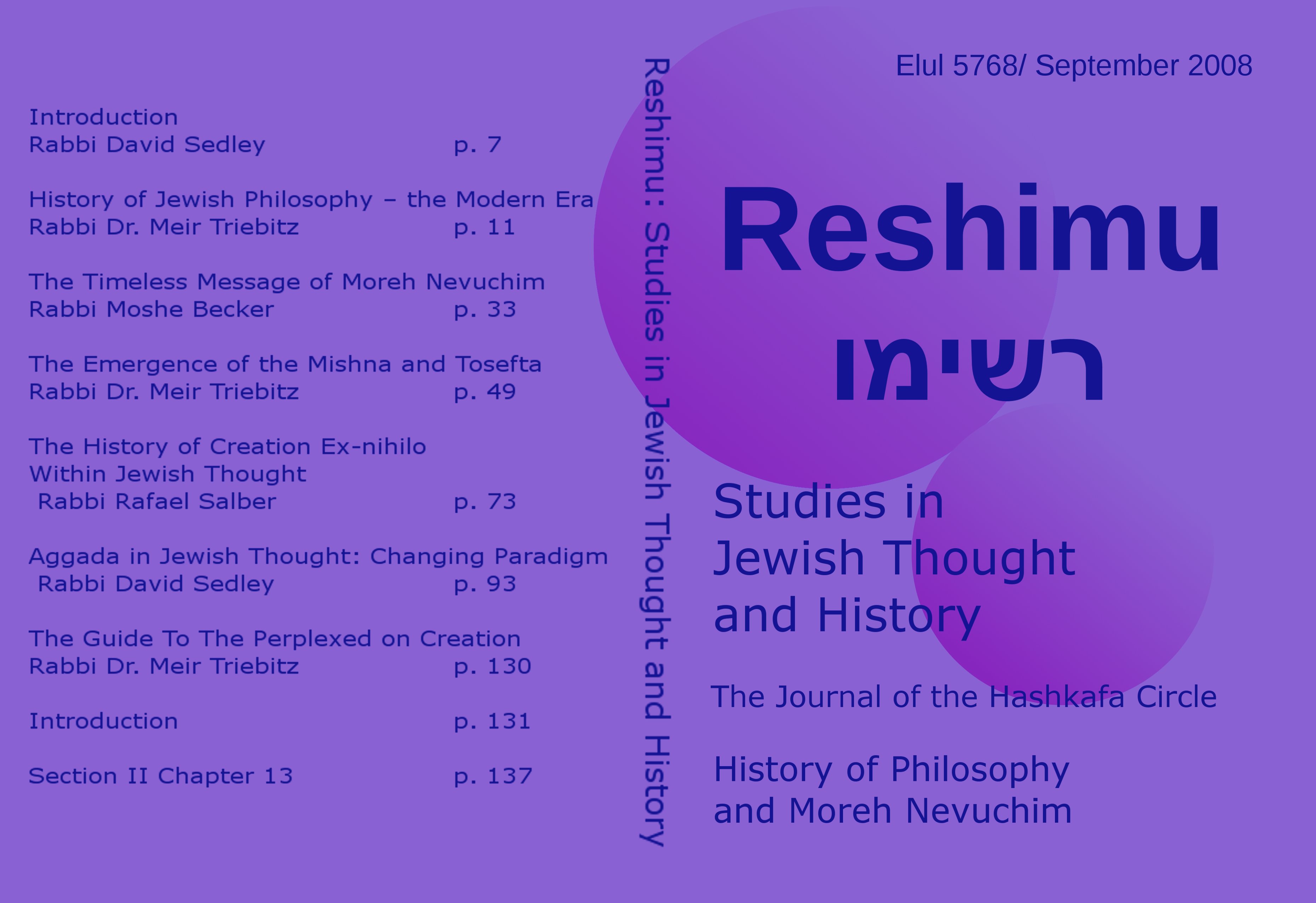History & Development of Talmud shiur 3
Creating Mesorah
Rabbi Triebitz cites the opinion of the Doros Harishonim as to when the ‘stam’ of the gemara was written. Doros Harishonim holds that there was a proto talmud already from the time of Abaye and Rava (and possibly even from the time of Rav and Shmuel). One of his ‘proofs’ for this is the Talmud in Shabbat 9b.
Rabbi Triebitz goes through this page of Talmud and shows that many Rishonim learn exactly the opposite of the Doros Harishonim, and that the whole basis for what he says has shaky foundations.
[flv:/talmud/talmud_03.flv 415 210]
Watch the Video Shiur
History and Development of the Talmud 3
Download the video shiur
History and Development of the Talmud 03
Download the shiur in mp3 format
